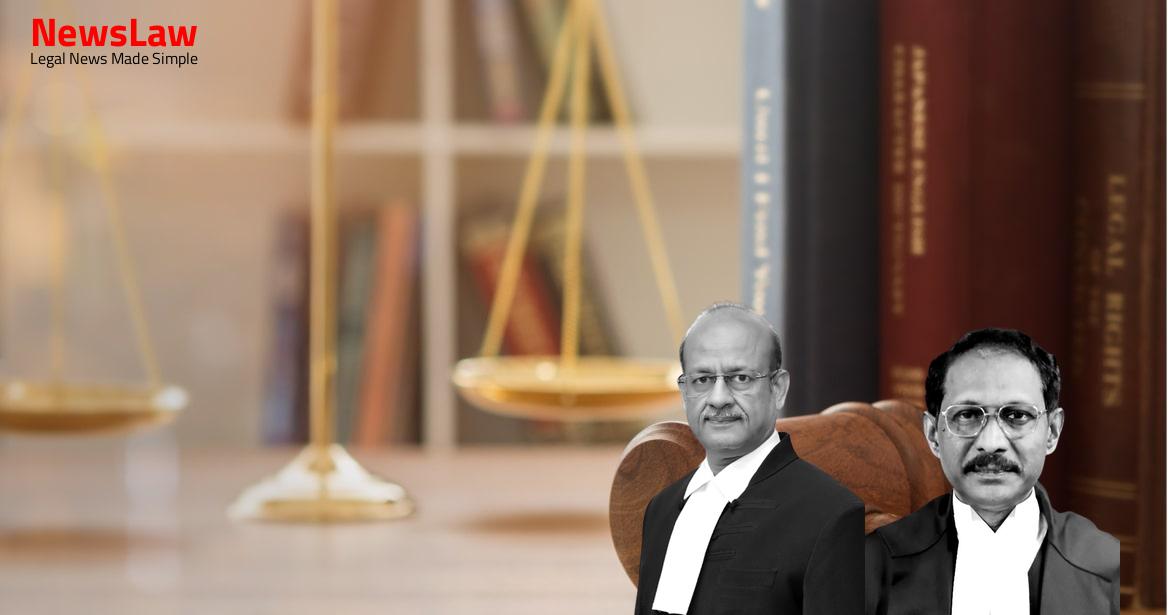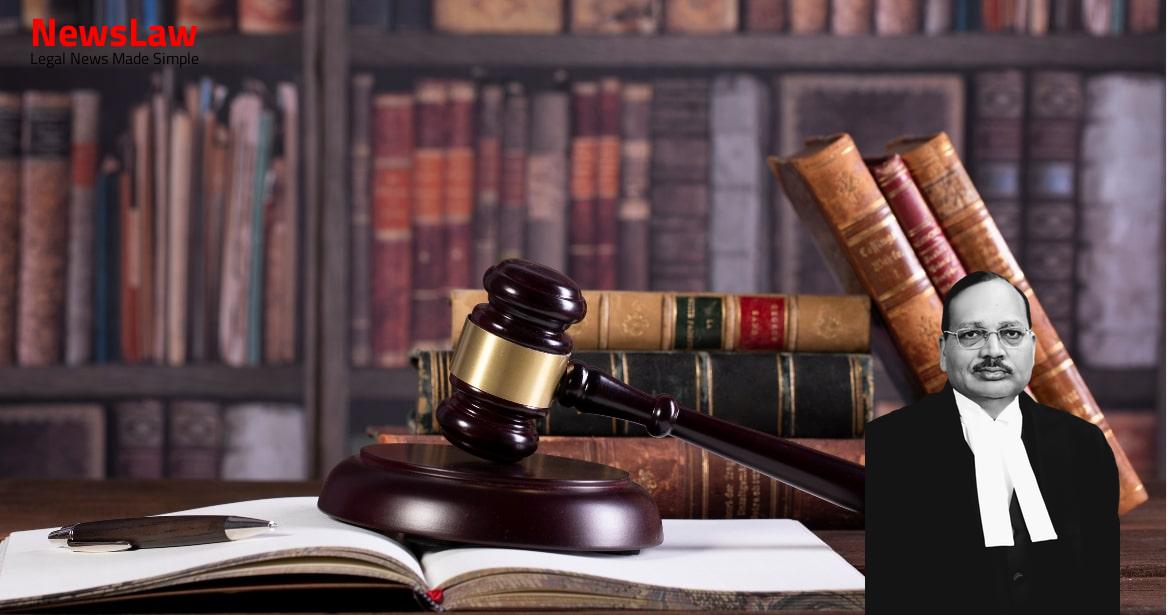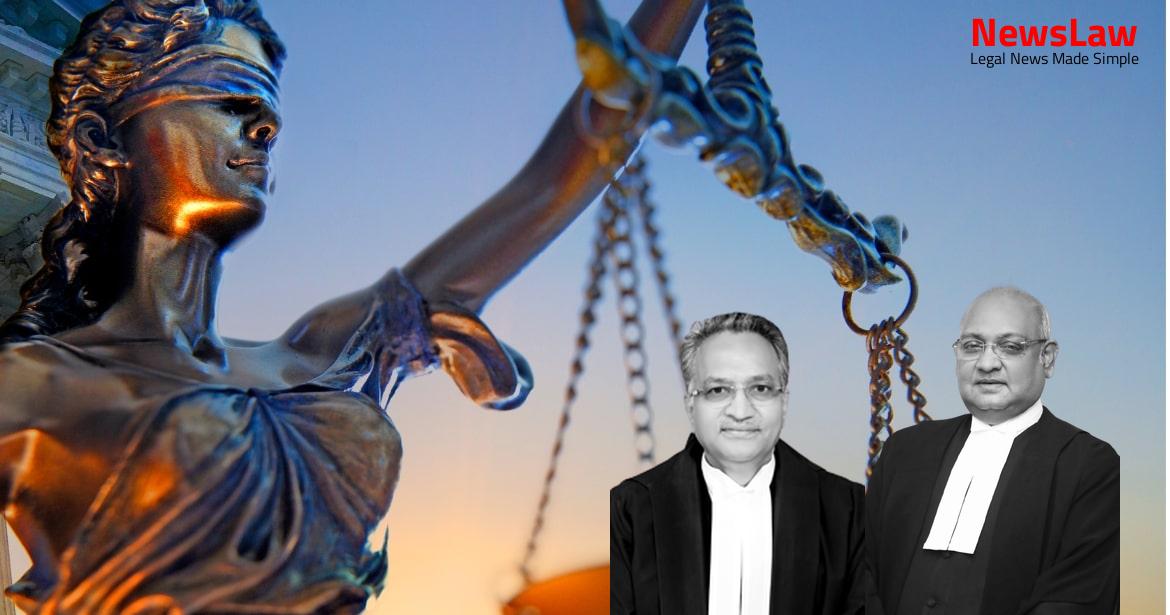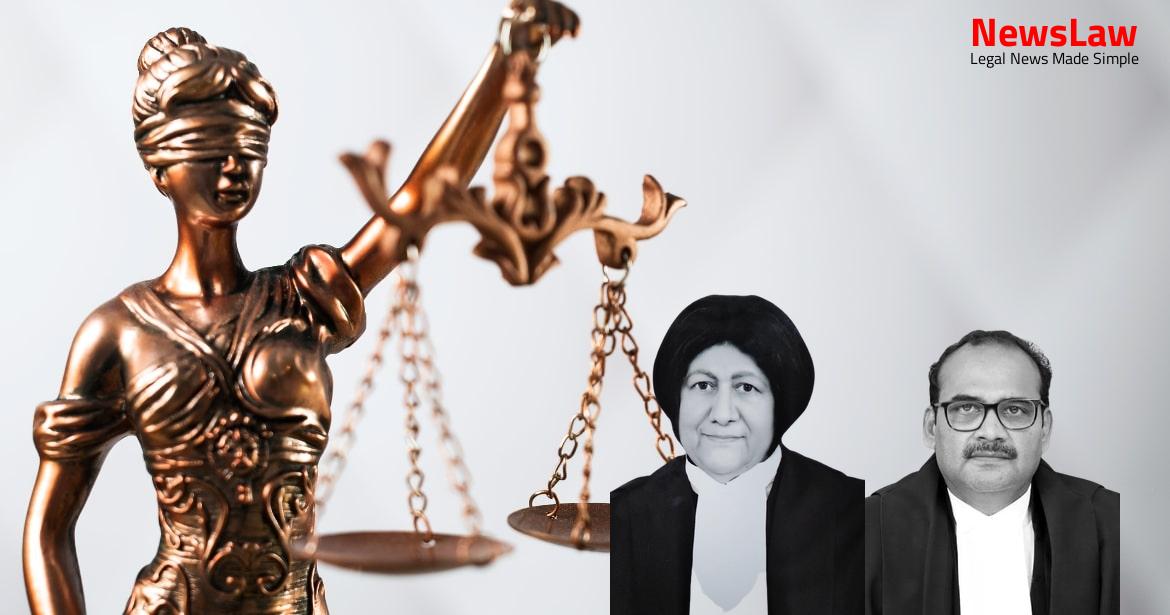The Supreme Court recently delivered a significant judgment in the case of CCL vs. State of Karnakata, concerning the interpretation of the Juvenile Justice Act. The case involved crucial issues regarding the treatment of Child in Conflict with Law (CCL) and the State’s role in the juvenile justice system. The judgment addresses key aspects of the Act and sets important precedents for future legal proceedings. Stay tuned for a detailed analysis of this landmark decision.
Facts
- High Court set aside the order dated 10.04.2023 passed by the Board.
- On 05.04.2022, Principal Magistrate of the Board passed an order that CCL is to be tried as an adult by the Children’s Court.
- Application was filed to transfer the matter to the Children’s Court after commencement of trial before the Board.
- Board dismissed the application filed by the mother of the victim.
- If the order dated 12.04.2022 cannot be legally sustained, it may revive the order dated 05.04.2022 with the CCL having a remedy of filing an appeal.
- Due to developments since the order on 12.04.2022, the CCL has been deprived of the remedy of appeal.
- The matter was listed on 12.04.2022, with arguments heard by two Members of the Board.
- An order was passed on 12.04.2022, directing the transmission of records to the Children’s Court for trial.
- The Board was directed to conduct an enquiry into the alleged offense by the CCL as a juvenile.
- An application under Section 19 of the Juvenile Justice Act was filed by the mother of the victim.
- The impugned order dated 10.04.2023 was set aside in Criminal Revision Petition No 1243 of 2023.
- The arguments were apparently heard afresh on 12.04.2022 by two Members without the Principal Magistrate.
- The Principal Magistrate and another Member of the Board mentioned contradicting views in the order.
- The matter was adjourned to 12.04.2022 for further proceedings.
- The Member of the Board did not sign the order despite hearing the arguments.
- The Board dismissed the application filed by the complainant.
- The FIR against the CCL included offenses under various sections of the IPC and Protection of Children from Sexual Offenses Act.
- The issue of trying the CCL as a juvenile or an adult was to be decided by the Board.
- After completion of investigation, a charge-sheet was filed in the case.
- The Board ultimately directed to conduct the enquiry treating the CCL as a juvenile.
Also Read: Soral Family Property Partition Dispute: Supreme Court Judgment
Arguments
- Learned counsel for the State referred to judgments of Madhya Pradesh, Punjab & Haryana, and Delhi High Courts.
- Highlighted cases such as Bhola vs State of Madhya Pradesh, Neeraj and Others vs State of Haryana, and X vs State.
- Argued that the inquiry under Section 15 of the Act involves seeking opinions from experienced professionals.
- Mr. Sidharth Luthra and Mr. S. Nagamuthu, representing the CCL, criticized the practice of delaying reasons in court orders.
- Learned counsel for the State argued that even after the Board’s order transferring the matter to the Children’s Court, it can still be reconsidered by the Children’s Court under Section 19(1) of the Act.
- They relied on the judgment in Balaji Baliram Mupade v. State of Maharashtra and Others for support.
- They claimed that the order dated 05.04.2022 is not legally binding.
- The State contended that there is no merit in the appellant’s arguments to challenge the aforementioned order.
Also Read: State of U.P. and Anr. v. Sanjay Kumar and Another
Analysis
- The High Court raised an important issue regarding the transparency and roles of members in judicial and quasi-judicial proceedings.
- The Court suggested mentioning names below signatures for transparency and accountability.
- The issue of whether the Children’s Court or Board should conduct the trial was analyzed.
- Failure to file an appeal against an order deemed appealable under Section 101(1) of the Act was highlighted.
- The power of courts to extend time for filing written statements was discussed.
- The placement of Section 18(3) was questioned for being inappropriate.
- The Court held that the time frame for completion of preliminary assessment under Section 15 is not mandatory.
- Anomalies in the Act and Rules were noted for further examination.
- Section 2(22) defines the term ‘Committee’ as Child Welfare Committee constituted under section 27.
- Section 2(23) defines the term ‘court’ as a civil court with jurisdiction in matters of adoption and guardianship, including District Court, Family Court, and City Civil Courts.
- The Special Court under the Protection of Children from Sexual Offences Act, 2012 has jurisdiction to try offences under section 67B of the Information Technology Act, 2000 related to online abuse of children.
- Section 18(3) of the Act mandates that after a preliminary assessment, the Board can pass an order for the trial of a child as an adult.
- In cases of heinous offences committed by a child above sixteen years, the investigation documents must be produced within one month of the child being brought before the Board.
- Appeals against Board’s orders can be made to the Court of Sessions.
- The Children’s Court decides on the need for a trial of a child as an adult and includes an individual care plan in its final order.
- The Children’s Court ensures a child-friendly atmosphere during proceedings and provides necessary rehabilitation services.
- The High Court can review any order passed by the Board or Children’s Court for legality and propriety.
- Model Rules, 2016 outline post-production processes, preliminary assessment into heinous offences, completion of inquiries, and procedures for Children’s Court and Monitoring Authorities.
- The High Courts of Bombay and Calcutta represent the correct state of the law regarding the nature of Section 34(5).
- Various High Courts have held that Section 34(5) is mandatory in nature.
- The Supreme Court has emphasized on reconciling relevant provisions to advance the remedy intended by the statute.
- Interpretation principles have been discussed, allowing for a flexible approach based on context and legislative intent.
- Consequences of non-compliance within prescribed periods in a statute have been deemed mandatory by the Supreme Court.
- Different High Courts have provided varying interpretations on the mandatory or directory nature of specific provisions.
- The importance of considering the context and object of the statute in interpreting its provisions has been highlighted.
- The Supreme Court has supported High Court judgments considering certain provisions as mandatory, based on specified consequences of non-compliance.
- The High Court correctly exercised its revisional jurisdiction in the present matter
- There was no error in the High Court’s revisional jurisdiction
- The High Court’s decision in this regard was justified and in accordance with the law
Also Read: Legal Battle Resolved: Kanihya’s Successors vs. Sukhi Ram & Ors.
Decision
- The order dated 15.11.2023 passed by the High Court regarding the procedure under Section 7(4) of the Act was found to be error-free.
- The order signed by the Principal Magistrate on 05.04.2022 was deemed final.
- A copy of the judgment is to be circulated among Judicial Officers, Members of Juvenile Justice Boards, Directors of National Judicial Academy and State Judicial Academies.
- Presiding Officers and Members must properly record presence of parties and/or counsels, along with the purpose for the matter and any identification numbers.
- Appellants have the right to appeal within 10 days of the order, subject to the right of appeal of the aggrieved party.
- The appeal can be entertained after the 10-day period if sufficient cause is shown, albeit this may delay the process.
- The appellate court should strive to decide the appeal within 30 days.
- All arguments raised in the revision decided by the High Court were considered; giving liberty to raise the same arguments again would be futile.
- Efforts should be made to decide any appeal filed within 30 days.
- The present appeal was filed by the Child in Conflict with Law against the High Court’s order.
- The appellate authority should aim to decide the appeal within two months of filing.
- All orders must mention the names of the Presiding Officer and/or Members who signed them.
- An appeal against a Board’s order under Section 15 can be filed within 30 days, with provision to condone delay upon showing sufficient cause.
Case Title: CHILD IN CONFLICT WITH LAW THROUGH HIS MOTHER Vs. THE STATE OF KARNATAKA (2024 INSC 387)
Case Number: Crl.A. No.-002411-002411 – 2024



